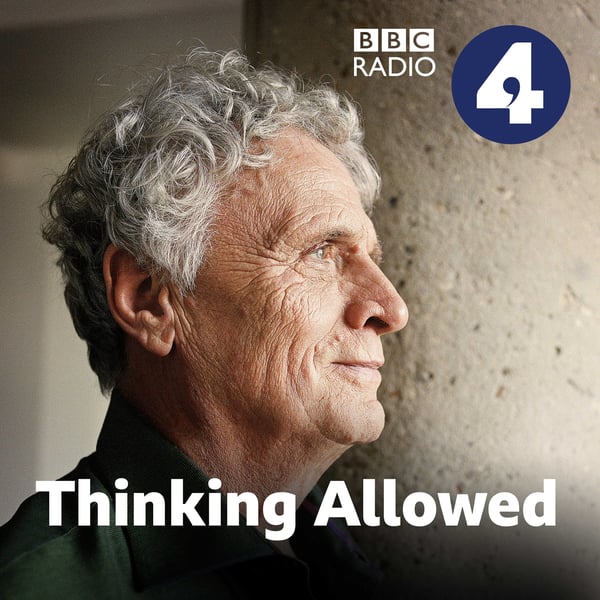Tech Workers
Thinking Allowed
BBC
4.4 • 973 Ratings
🗓️ 5 November 2024
⏱️ 29 minutes
🧾️ Download transcript
Summary
Laurie Taylor lifts the lid on a sector of the economy associated with wealth, innovation & genius. Mark Graham, Professor of Internet Geography at the Oxford Internet Institute, uncovers the hidden human labour powering AI. His study, based on hundreds of interviews and thousands of hours of fieldwork, is the first to tell the stories of this army of underpaid and exploited workers. Beneath the promise of a frictionless technology that will bring riches to humanity, the interviews he has conducted reveal a grimmer reality involving a precarious global workforce of millions labouring under often appalling conditions. Also, Paula Bialski, Associate Professor for Digital Sociology at the University of St. Gallen in St. Gallen, Switzerland, discusses her research with software developers at a non-flashy, run-of-the-mill tech company. Beyond the awesome images of the Gods of Silicone Valley, she finds that technology breaks due to human-related issues and staff are often engaged in patch up and repair, rather than dreaming up the next killer app.
Producer: Jayne Egerton
Transcript
Click on a timestamp to play from that location
| 0:00.0 | New American president straight ahead. |
| 0:04.6 | Follow the outcome of the U.S. election with AmeriCast. |
| 0:08.2 | It's the BBC podcast full of lively chats about politics and social media investigations. |
| 0:13.7 | Expert insights this way. |
| 0:15.8 | We'll guide you through all the key moments as the United States heads in its next direction. |
| 0:21.2 | Final destination, the White House. Navigate your way through the US election. |
| 0:26.4 | Americanast. Listen on BBC Sounds. This is a Thinking Aloud podcast from the BBC and for more |
| 0:33.7 | details and much, much more about thinking aloud, go to our website at BBC.co. |
| 0:39.7 | I recently sprawled back on my sofa and watched with some alarm as a television programme |
| 0:47.1 | gave me close-up pictures of a reporter sitting in the back of a car which totally lacked a front seat driver, a driverless car, |
| 0:56.8 | a car that could find its own way home, navigate traffic lanes, avoid oncoming vehicles and |
| 1:03.1 | careless pedestrians, and adjust its course and speed. |
| 1:07.5 | I was then told how this seeming miracle was accomplished, how the car used sensors to gather data |
| 1:14.1 | which it then analysed using AI artificial intelligence so that the vehicle could react instantly |
| 1:20.9 | to its surroundings. But my amazement at this phenomenon was soon overtaken by another profound shock. The news in an admirable |
| 1:31.1 | new book of how exactly this massive explosion of data was generated. The news that it depended |
| 1:39.1 | on tens of thousands of poorly paid data annotators working at outsource centres in the global south. |
| 1:47.6 | Well, that book, Feeding the Machine, the Hidden Labour Powering AI, is the work of James Muldoon, |
| 1:55.0 | Callan Kant and Mark Graham. I'm now joined by Mark Graham, who is Director of Fairwork |
| 2:00.6 | and Professor at the Oxford Internet Institute University of Oxford. |
| 2:05.9 | Mark, you note that the global AI market was worth over $200 billion in 2023 and is expected to grow 20% each year to nearly $2 trillion by 2030. |
| 2:21.3 | But what we understand by AI isn't always clear. |
... |
Please login to see the full transcript.
Disclaimer: The podcast and artwork embedded on this page are from BBC, and are the property of its owner and not affiliated with or endorsed by Tapesearch.
Generated transcripts are the property of BBC and are distributed freely under the Fair Use doctrine. Transcripts generated by Tapesearch are not guaranteed to be accurate.
Copyright © Tapesearch 2025.

